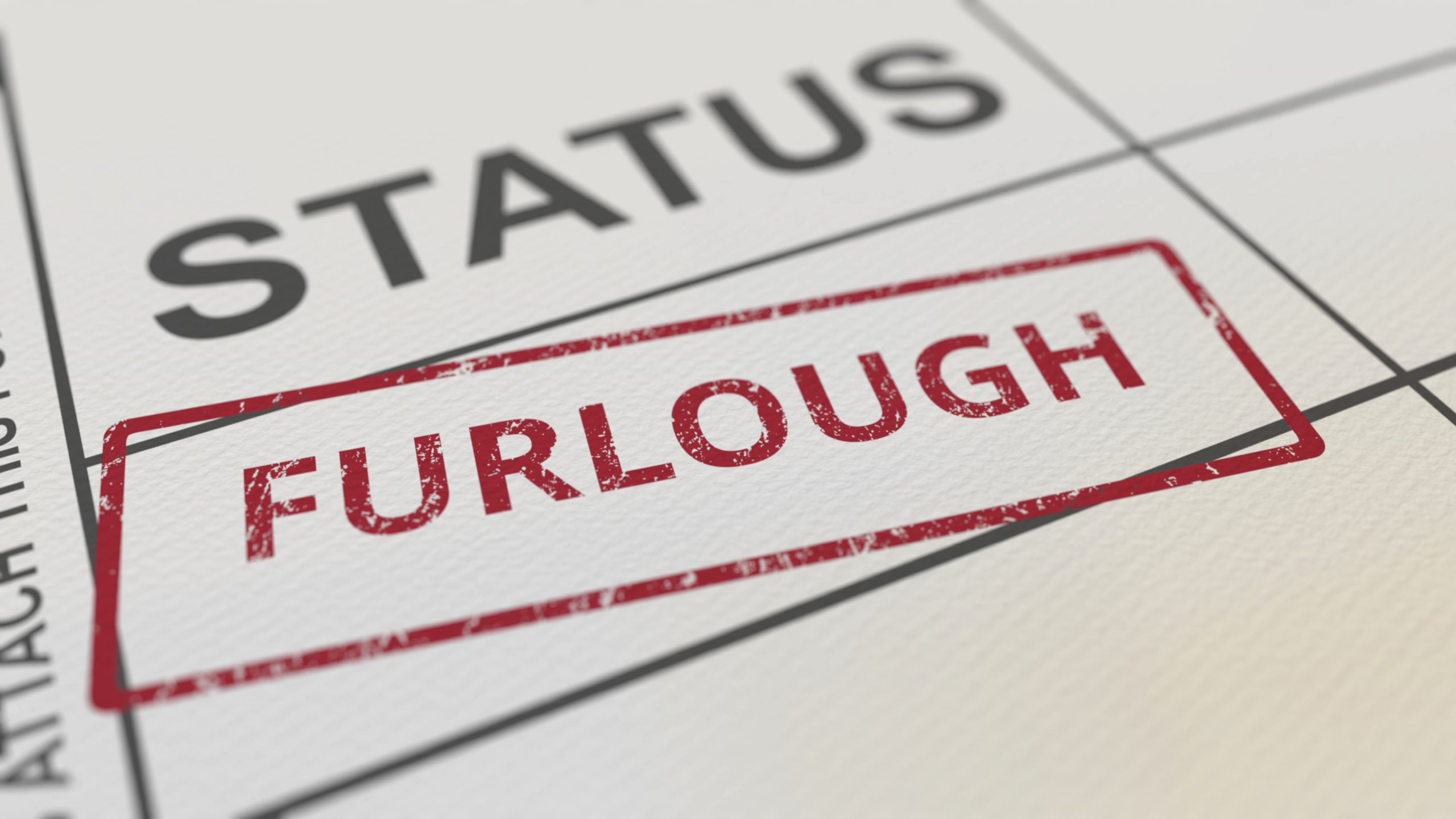Household Bills
Furlough scheme changes from 1 August

The Coronavirus Jobs Retention Scheme changes next week, with employers contributing more to staff wages.
Furloughed employees will still receive up to 80% of their pay for unworked hours, up to a monthly maximum of £2,500.
Currently, the government pays 70% of unworked hours, with employers expected to pay the remaining 10%, plus national insurance and employer pension contributions.
But from 1 August the government contribution drops to 60%, with firms expected to pay the remaining 20%, plus national insurance and employer pension contributions. This contribution level will remain in place until the scheme ends on 30 September.
The furlough scheme was first introduced by chancellor Rishi Sunak in March 2020, when the government paid 80% of furloughed workers’ wages up to a monthly maximum of £2,500.
The scheme is being gradually wound down. Employers may choose to top up their employees’ salaries from 80% to 100%, but they’re under no obligation to do so.
Workers can either be on full-time furlough, or work part-time and be furloughed for the hours not worked. Your employer will have to cover wages at the normal rate for any hours worked.
The furlough scheme was previously meant to end in March but was extended until the end of April in December. But in the Budget in March, Sunak announced that the scheme would run until 30 September.
In June it emerged that employers could furlough workers who were self-isolating. This clause was omitted from official guidance about the Coronavirus Jobs Retention Scheme. Since the pandemic began the low levels of statutory sick pay at just £96.35 a week has been a major factor in workers with symptoms of Covid-19 feeling unable to self-isolate. In contrast, if a worker is furloughed they receive 80% of their pay.
Experts have raised concerns that the end of the furlough scheme would give rise to an increase in homelessness and redundancies.